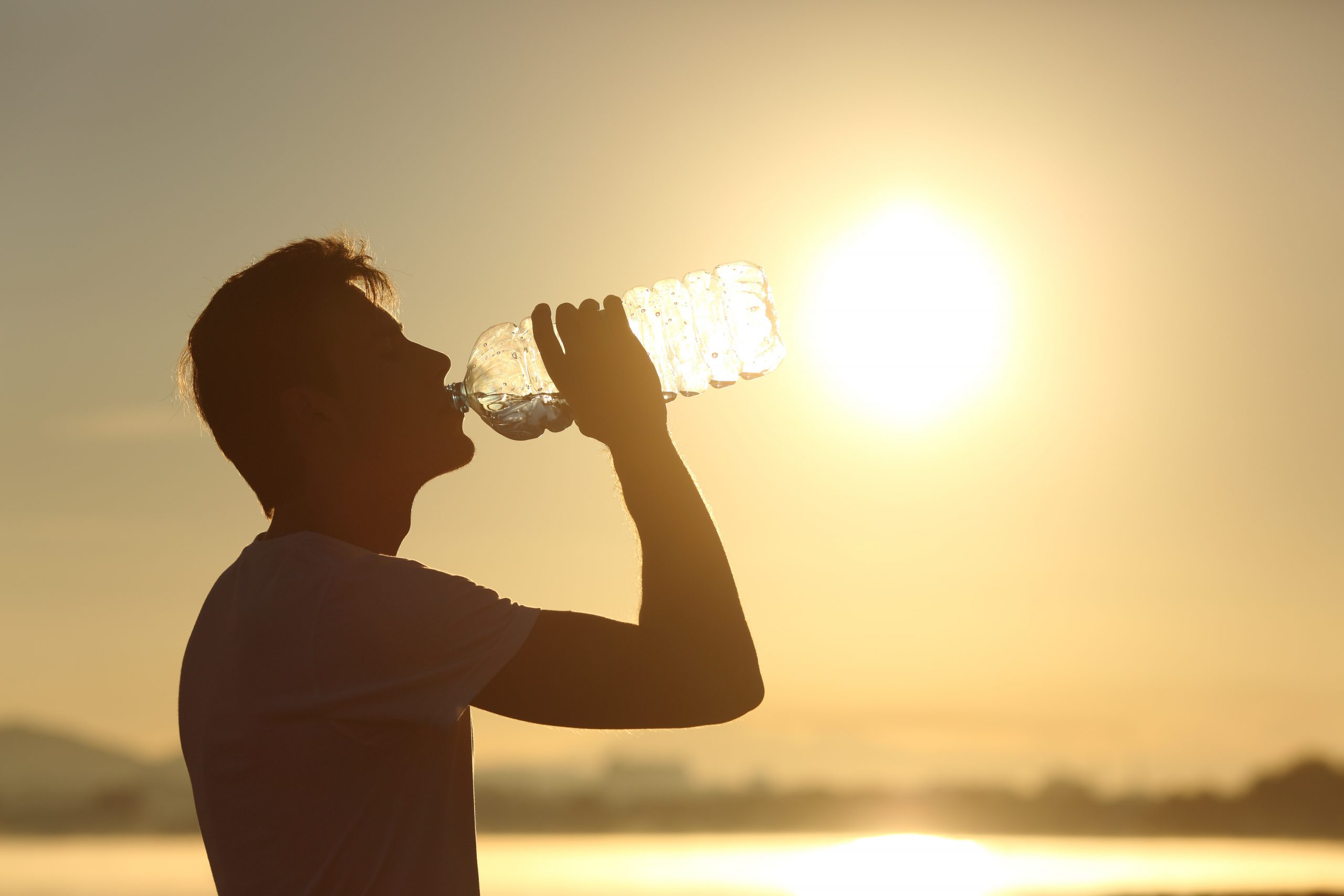June is National Safety Month—a time when the industrial sector focuses on key issues that can impact employee safety. As the summer months roll in, northern states get hot and southern states get even hotter, so ensuring employees stay safe and cool becomes a concern in facilities nationwide.
As temperatures begin to spike, many Americans could soon find themselves at an increased risk of heat exhaustion, particularly if they work in assembly plants, factories, or other industrial locations. When combined with the heat generated within these types of workplaces, the summer weather can quickly overwhelm your body and prevent it from regulating your core temperature, threatening your health in the process.
Fortunately, heat exhaustion is completely preventable so in honor of National Safety Month, we’d like to take this opportunity to outline some basic information regarding heat exhaustion.
Symptoms/Signs of Heat Exhaustion
Heat exhaustion usually entails a distinct set of symptoms which may develop suddenly or over time. Displaying one or more of the following signs and symptoms could indicate heat exhaustion:
- Unusually cool or damp skin with goosebumps
- Excessive sweating
- Faintness, dizziness
- A general sense of fatigue
- A weak yet rapid pulse
- Drop in blood pressure (lightheadedness upon standing)
- Muscle cramping
- Nausea
- Headache
If left untreated, heat exhaustion can progress into heat stroke, a life-threatening medical emergency. If promptly treated, however, symptoms of heat stress should subside within an hour.

Causes
As you might expect, the most common cause of heat exhaustion is overexertion in hot, humid weather. Your body cools itself mainly by sweating, so dehydration, drinking alcohol, and overdressing are also causes of heat exhaustion. Dehydration reduces your body’s ability to sweat while alcohol can hinder the body’s ability to regulate its temperature and heavy clothing can prevent the release of heat generated by the body. Certain medications (i.e. beta blockers, diuretics, antihistamines, etc.) may alter your ability to stay hydrated and respond appropriately to the heat also.
Prevention
Heat exhaustion can have some severe consequences, but most people can avoid it altogether by taking some simple preventative measures.
Industrial workers should ensure that they’re properly hydrated before the day begins and regularly rehydrate throughout their shift. Tap, bottled, or flavored water and sports drinks can replenish your body’s fluids. Avoid caffeinated drinks.
Wearing lighter and looser clothing made of natural fibers (cotton, pima cotton, linen) helps your body release unneeded heat. It also ensures that the sweat you produce properly evaporates.
Perhaps the best safeguard against heat exhaustion is simple common sense. Be aware of the weather conditions, don’t forget your PPE, wear sunscreen if you happen to work outside, and be sure that any prescription medications won’t lead to dehydration.
Safety At TPCI
The health and safety of our workers is a leading priority at TPCI. We’re as proud of reducing the number of workplace accidents as we are of providing the most efficient pump components in the industry.
Since 1919, Triangle Pump Components Inc. has supplied companies in various industries with reliable and cost-effective components for their reciprocal pump challenges. If you’d like to consider partnering with us on your next project, contact us today or request a quote online.